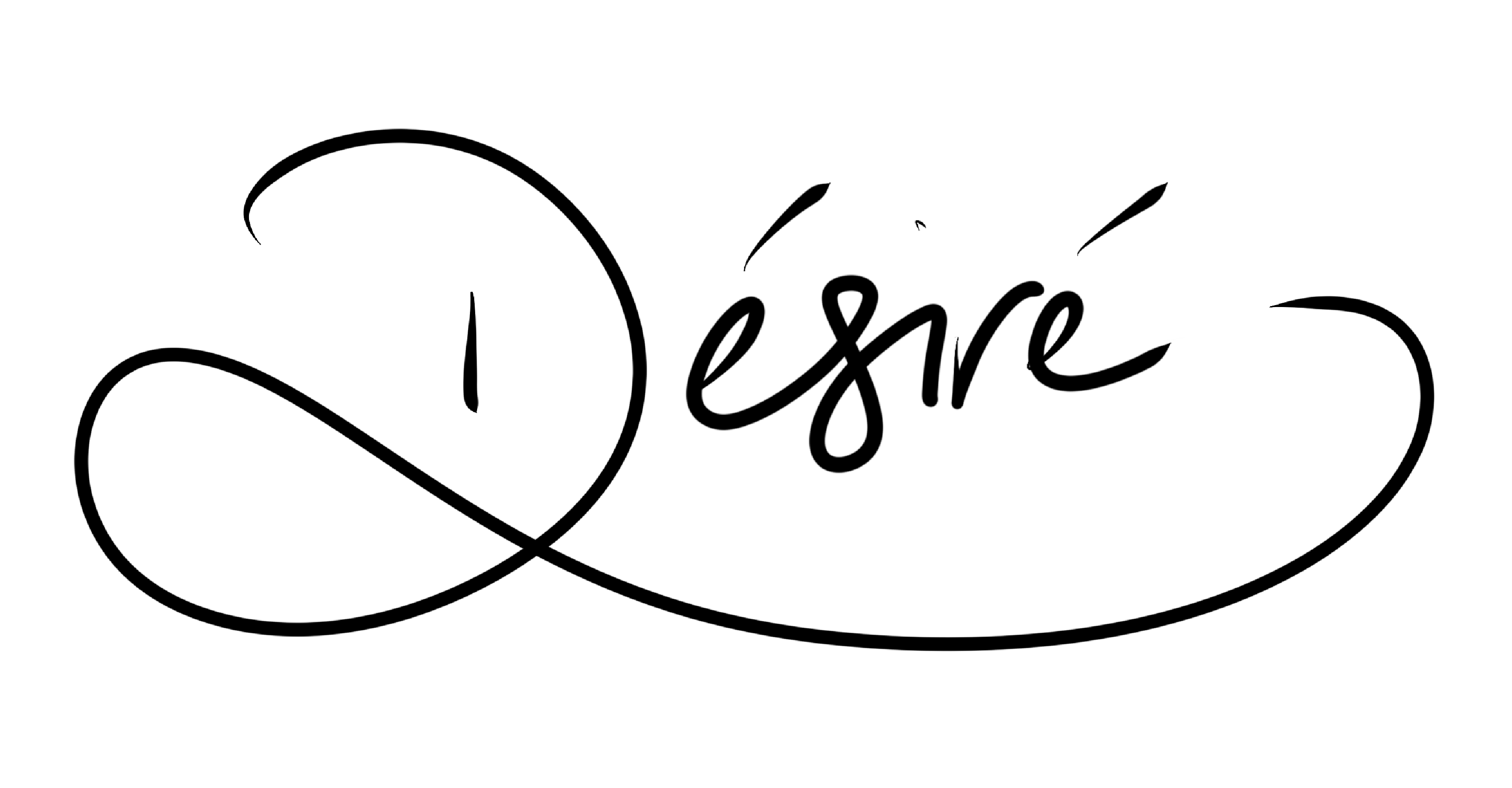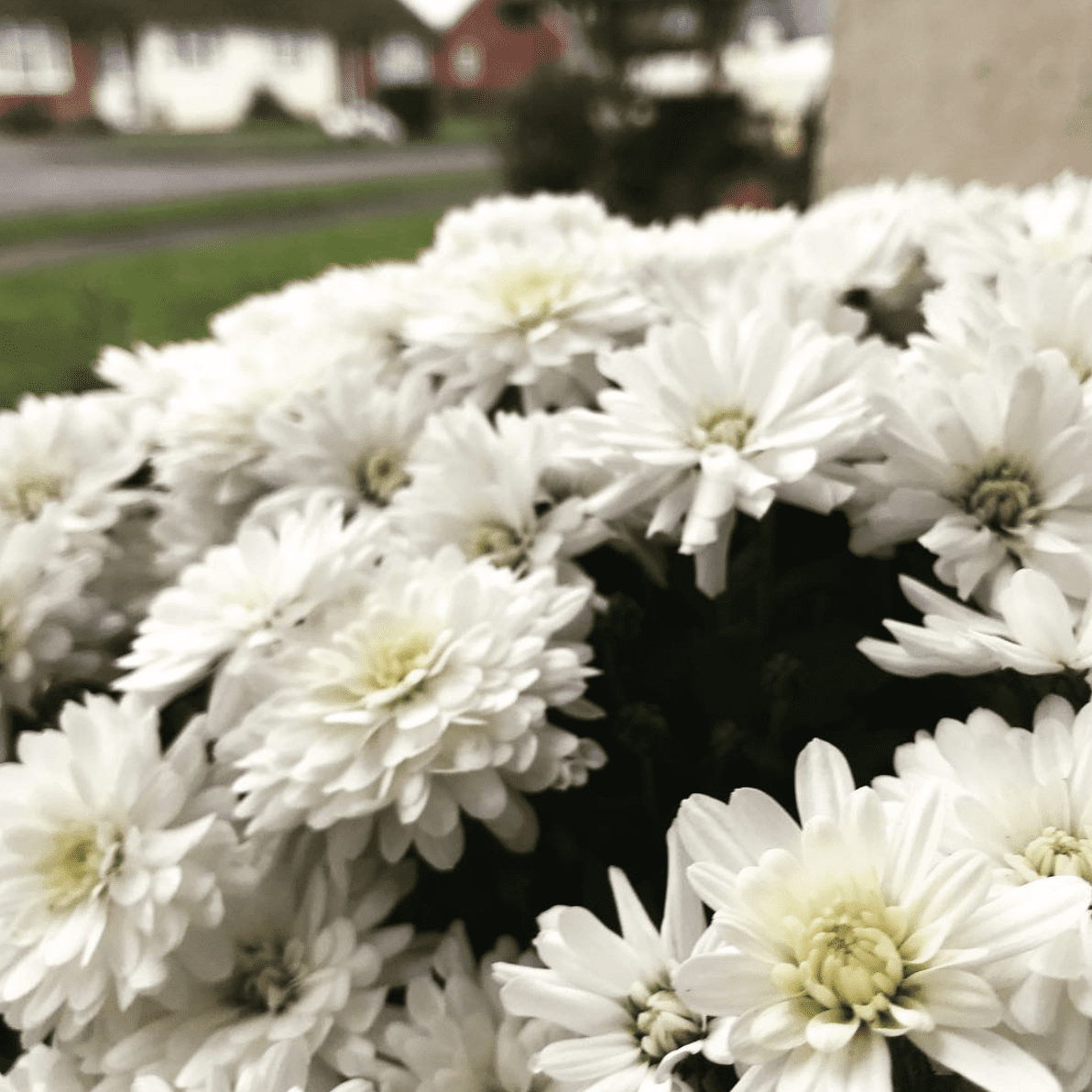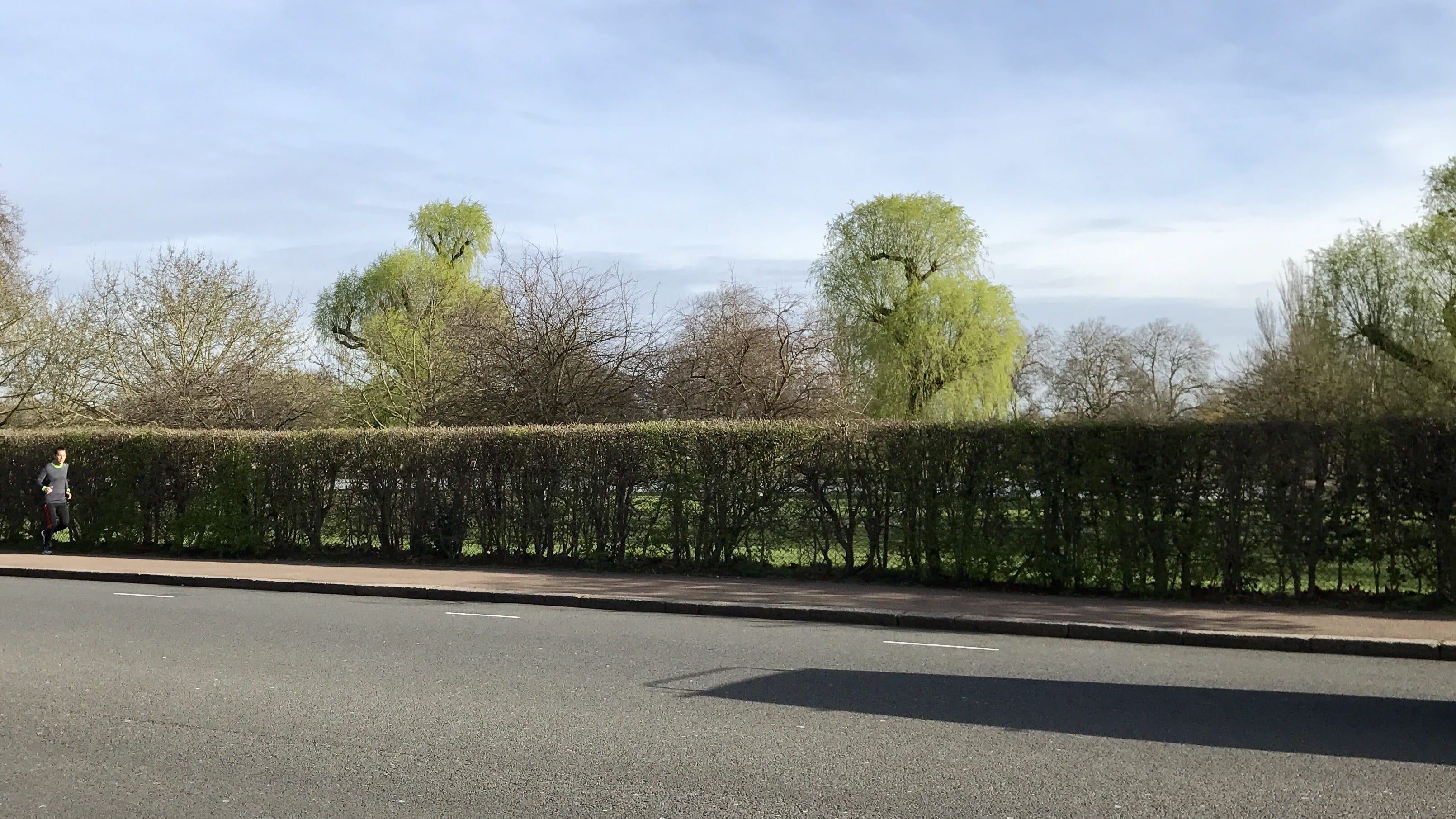Unlike every data driven article, this will not be about tracking your social media metrics or your website traffic. This is about tracking your progress and productivity in general. Over the years, I’ve learned a lot about productivity and myself, but I was only able to learn this from collecting data and looking at what has worked for me and what hasn’t. Being ruthless with my workflow and open to trying new things has massively helped me become more efficient as a person.
When you’re an entrepreneur, efficiency is your most important quality, above all. Efficiency will allow you to maximise your time in ways that your rivals cannot, and gives you an agile edge that competitors envy. This is why I focus on efficiency so much. Time is the most precious un-renewable resource, because when it’s gone, it’s gone; there is no method of gaining that time back no matter how much you move your day around. We all have 24 hours in a day, so wouldn’t you want to make sure that every single day counts?
I’m also very aware of the toxic habit tracking can become, so we’re looking at this as a method to create new habits and work towards three major goals in your life. Three is a magic number because it’s manageable, easy to remember and also gives your brain two other things to obsess about. If you have always wanted to become a professional artist, you have to start by painting regularly; not just thinking about it, but actually doing it. After a year of painting just one canvas a week, you’d have painted 52 pieces. Slow and steady win the race with consistent but small steps.
See how the dots connect ⠟
One of the biggest benefits for me is looking back at what has worked. I’m always trying new things – new apps, new work flows, new methods. If you don’t track what works and what doesn’t work, you’ll never really know if things worked at all, leaving you in the dark on where you’re making progress.
Tracking always feels like unnecessary work but when you track what you’ve done in the day and then look at your month, you’ll start to see trends. Maybe you’re more of an afternoon or after 2 coffees worker (like me), or maybe you’re super productive in the mornings and sluggish at the afternoons. Once you know this, you can plan your day around your productivity high points. If you didn’t know this, then you won’t be able to plan around it. And now that you know when you’re most productive for your deep work, you can plan your mindless admin work (you know the type, when you can essentially remove your brain and still be able to do it) for your more unproductive times. But without the data, you’ll never know.
That feel great factor 🤩
I’m a complete weirdo so I get excited by seeing all the things I’ve done and how productive I have been; or on the flip side, how disappointed about how much wasted time I’ll never get back. Nothing beats flipping back through the diary, seeing all the work you have done, and how effective you’ve been.
Don’t fall down the rabbit hole! 🕳🐇
While I love tracking my progress on pretty much everything, I also don’t fixate on it. I use my goal posts as a strong indicator of where I need to be, but I’m not beating myself up if I miss it, or if I forget to track it. There are a million things you can track, and a tracked life can get very exhausting. You have to track your finances, your calories, your time, your mileage, your exercise, your heart rate and how many times a day you 💩. It’s overwhelming just thinking about it, which is why you only do it to create your baseline and ensure that you’re staying on track.
For instance, I’m a writer and word counts matter. I have to make sure that I get a certain word count in daily to keep on top of my work, both personal and paid. So that gets tracked. But I also track my hourly Linkedin prowl, because I’m incredibly inconsistent with that, so I track it to make sure that I stay on top of it and create a habit (I’m notorious for my clinical inability to create habits, hence my aggressive time planning). But I do not manually track my heart rate, or my calories, or bowel schedule, because while I understand these are all very trackable things, it can be a wormhole of instant gratification and time consumption. And to be honest, unless it’s a thing that you’re focusing on right now (and you should only really have three of those at any given time), it doesn’t need to be tracked.
I use the Done app to track milestones. It’s lovely and colourful with a very simple interface. Currently, I’m focused on my daily word count to build a more consistent writing schedule; my daily sales outreach to try to get into a habit of not avoiding the thing I hate the most; and weekly exercise, because in my head I do five sessions a week when in reality that’s actually per month, so we’re trying to rebuild that routine coming out of lockdown.
Now go out there, pick three things to focus on and get to tracking that progress!




